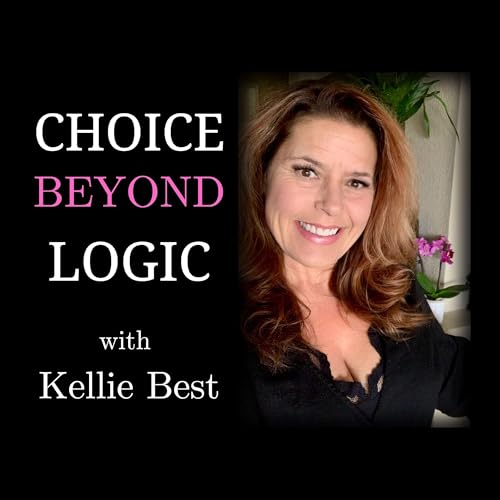Do the choices we don’t make shape us as much as the ones we do? In this episode of Choice Beyond Logic, Kellie Best explores counterfactual thinking, the neuroscience of “what might have been,” and the psychology of regret. Discover how the ghost selves of our unlived lives influence our identity, and why acknowledging them may bring us closer to who we truly are.
📚 References for Show Notes
•Counterfactual Thinking
Roese, N.J. (1997). Counterfactual Thinking. Annual Review of Psychology
•Regret and Inaction
Gilovich, T., & Medvec, V. (1995). “The experience of regret: What, when, and why.” Psychological Review. APA
•Neuroscience of Imagined Outcomes
Schacter, D.L. et al. (2012). Episodic simulation of future and alternative events. PNAS
•Philosophical Reflections
Kierkegaard, S. (1844). The Concept of Anxiety.
•Narrative Therapy & Integration
White, M., & Epston, D. (1990). Narrative Means to Therapeutic Ends.
Choice Beyond Logic is hosted by Kellie Best.
📌 Have a question about why we do what we do—the quirks, the urges, the choices that don’t make sense? Send it to me. Your curiosity might become a future episode. Kellie@KellieBest.com.
For resources, references, and more, visit www.kelliebest.com .
💡 This podcast is for educational and inspirational purposes only and is not a substitute for professional medical or mental health advice.
#Newpodcast
#Neuroscience
#Decisionmaking
#cognitivebias
#Mindsetmatters
#Intuition
#Gutinstinct
#HealingJourney
#Emotionalinteligence
#whywedowhatwedo
#yourbodyknows
#brainandbody
#emotionalwellness
#selfhealingcommunity
 8 分
8 分 2025/09/168 分
2025/09/168 分 8 分
8 分 6 分
6 分 9 分
9 分 7 分
7 分 8 分
8 分 9 分
9 分

